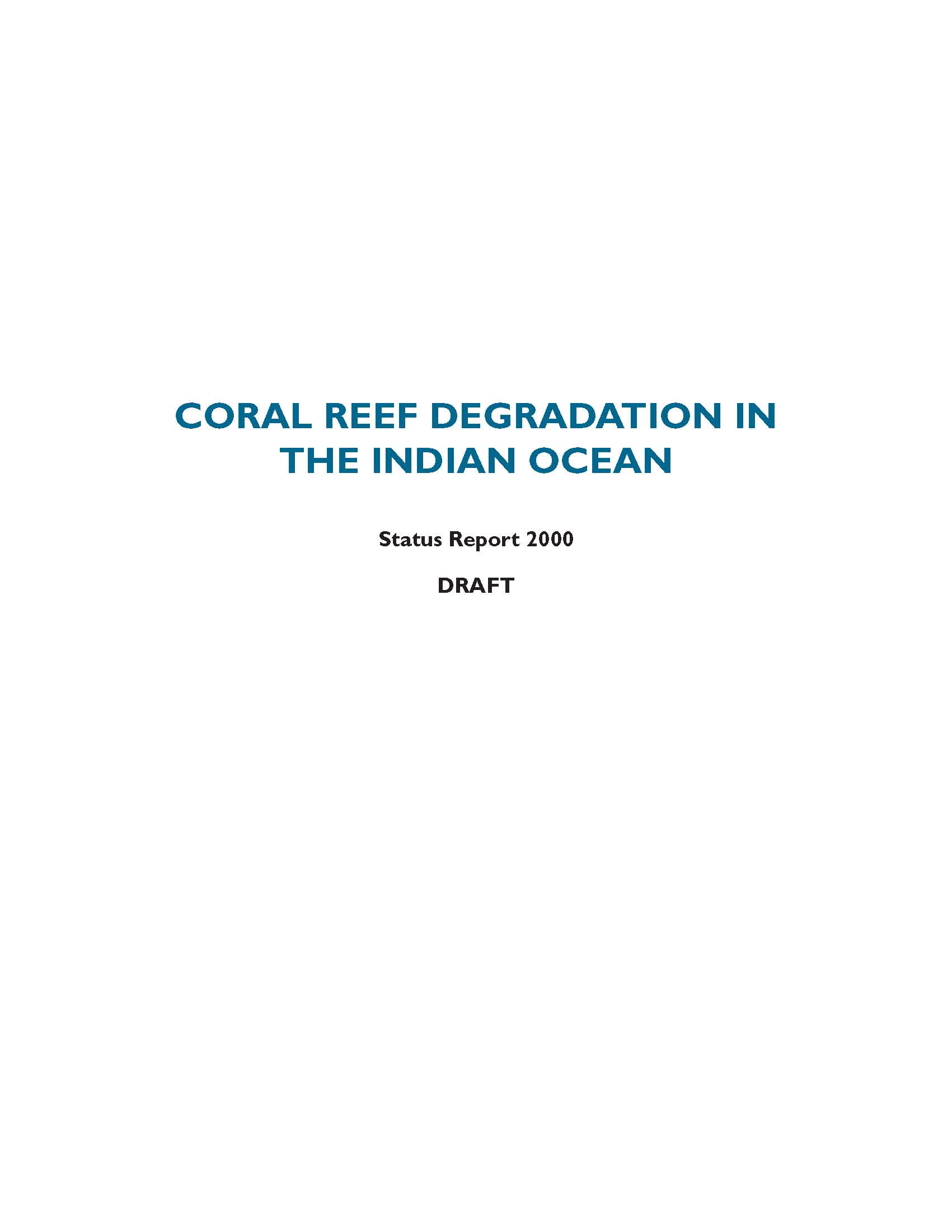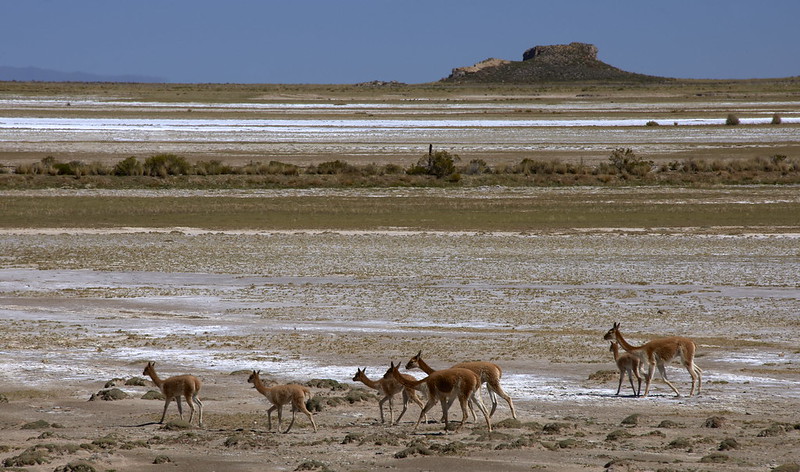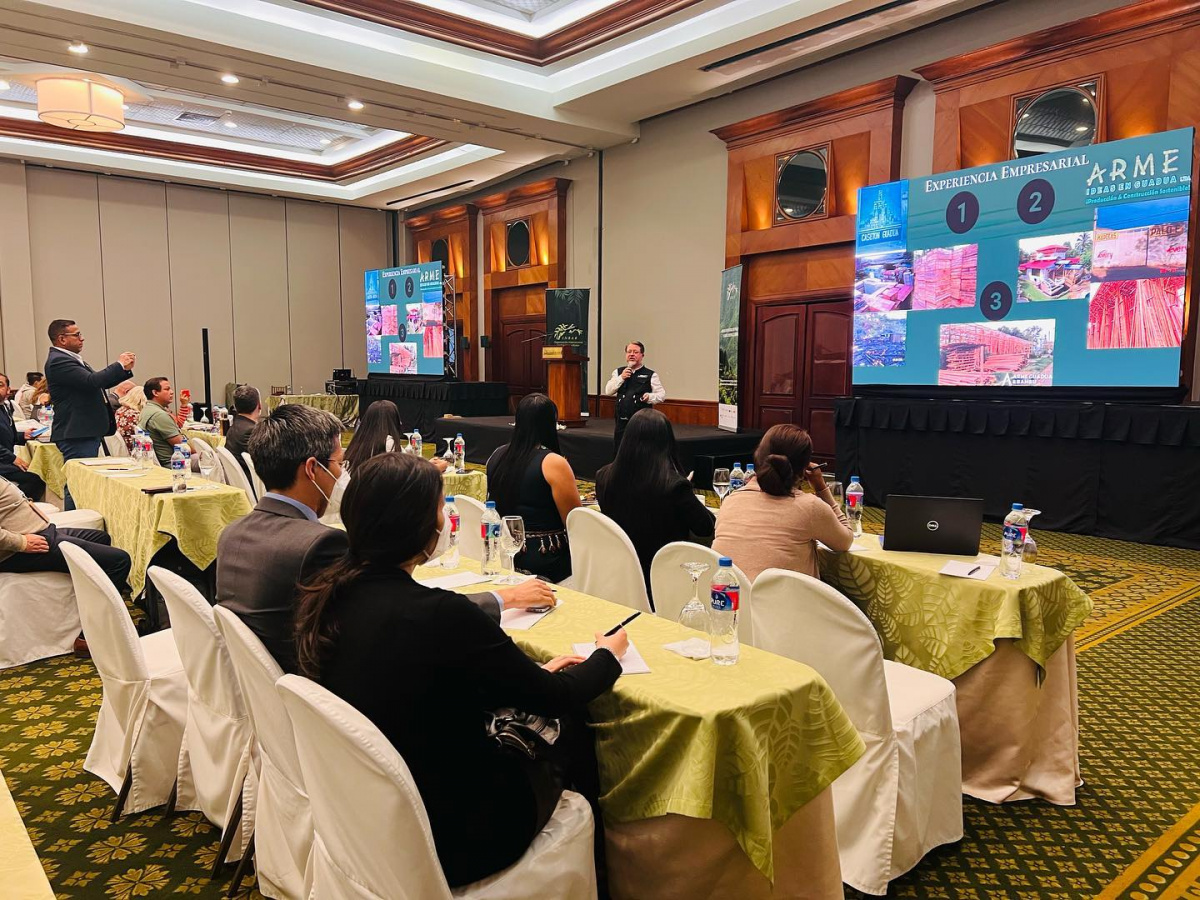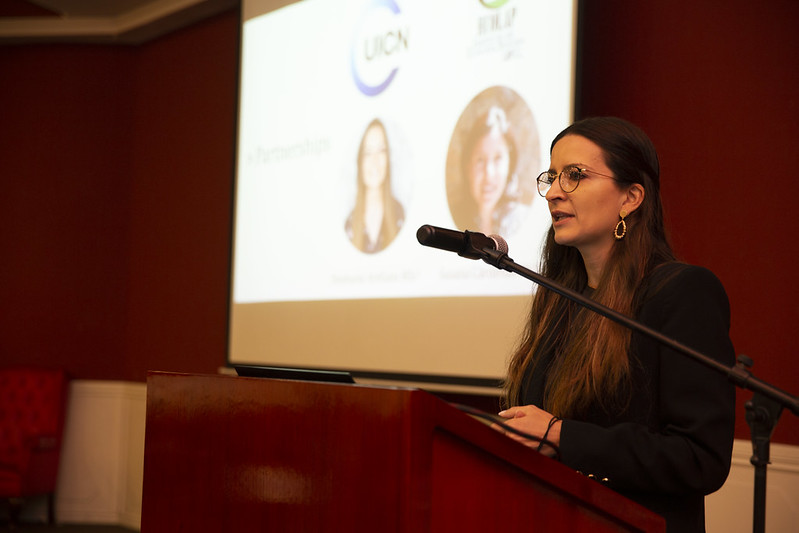CORDIO Status Report 2000
This second annual status report follows on from the first report that was based on initial assessments of coral mortality and presents the results of CORDIO’s first full year of monitoring and research.

Photo: IUCN/CORDIO
The temperatures of the world’s oceans are increasing at an accelerating rate. Recent estimates indicate that the magnitude of these increases might be as much as several degrees over the next century and undoubtedly, the impacts of these changes on the Earth’s ecosystems are likely to become increasingly obvious. Coral reefs have already shown dramatic responses to the increasing ocean temperatures. Under normal temperature conditions, reef-building corals, which form the foundation of coral reefs, are living very near the maximum sea temperatures that they can tolerate. If they are exposed to even modest increases in sea temperatures, perhaps only 1° C - 2° C, they become stressed and often ‘bleach’. This bleaching of corals is a response to stress, and it occurs when the symbiotic unicellular algae (xooxanthellae) that lives within the tissues of the coral polyp, are expelled or lost. The coral can survive for short periods without these zooxanthellae but unless the stress that caused the bleaching subsides and new zooxanthellae are incorporated into the tissue of the coral, the coral will die. For several months in early 1998, the temperature of surface waters (< 10 m) over much of the world’s tropical oceans increased between 3° C and 5° C. As a result, corals on reefs throughout the world bleached and, unfortunately, many died. The mortality of corals was particularly serious in the central and western Indian Ocean, where as many as 50% to 95% of all corals died.
The impacts of the 1998 coral mortality are a matter of great concern. Coral reefs are one of the most diverse, productive and complex ecosystems on the planet. They are the home of hundreds of thousands of species, many of which are unknown to science. They are highly productive, providing food and shelter for most of the fish species caught in shallow tropical coastal waters. As a consequence, the impacts of such widespread coral mortality will have a direct bearing on critical marine and coastal biodiversity and fragile ecosystems that are affected. From a socio-economic perspective, the impacts of coral mortality are far reaching, affecting food security as well as local and national economies that are dependent on reef-based tourism and industry. It is particularly worrying that models, based on the IPCC Scenario A (doubling of atmospheric carbon dioxide levels by 2100), that forecast future climatic conditions predict that the temperature tolerances of reefbuilding corals will be exceeded permanently within the next few decades. Considering these grave predictions, it is a matter of great importance that we, as custodians of the planet, learn all that we can about the ecological and socio-economic implications of climate change. The CORDIO Program was launched in 1999 to obtain valuable data that will enable us to determine the consequences of increasing ocean temperatures. This report presents the results of work conducted within the first 18 months of the CORDIO Program and makes an important contribution to our knowledge of the problems caused by climate change. In gathering such data the CORDIO Program fulfils an important role and warrants full support.



